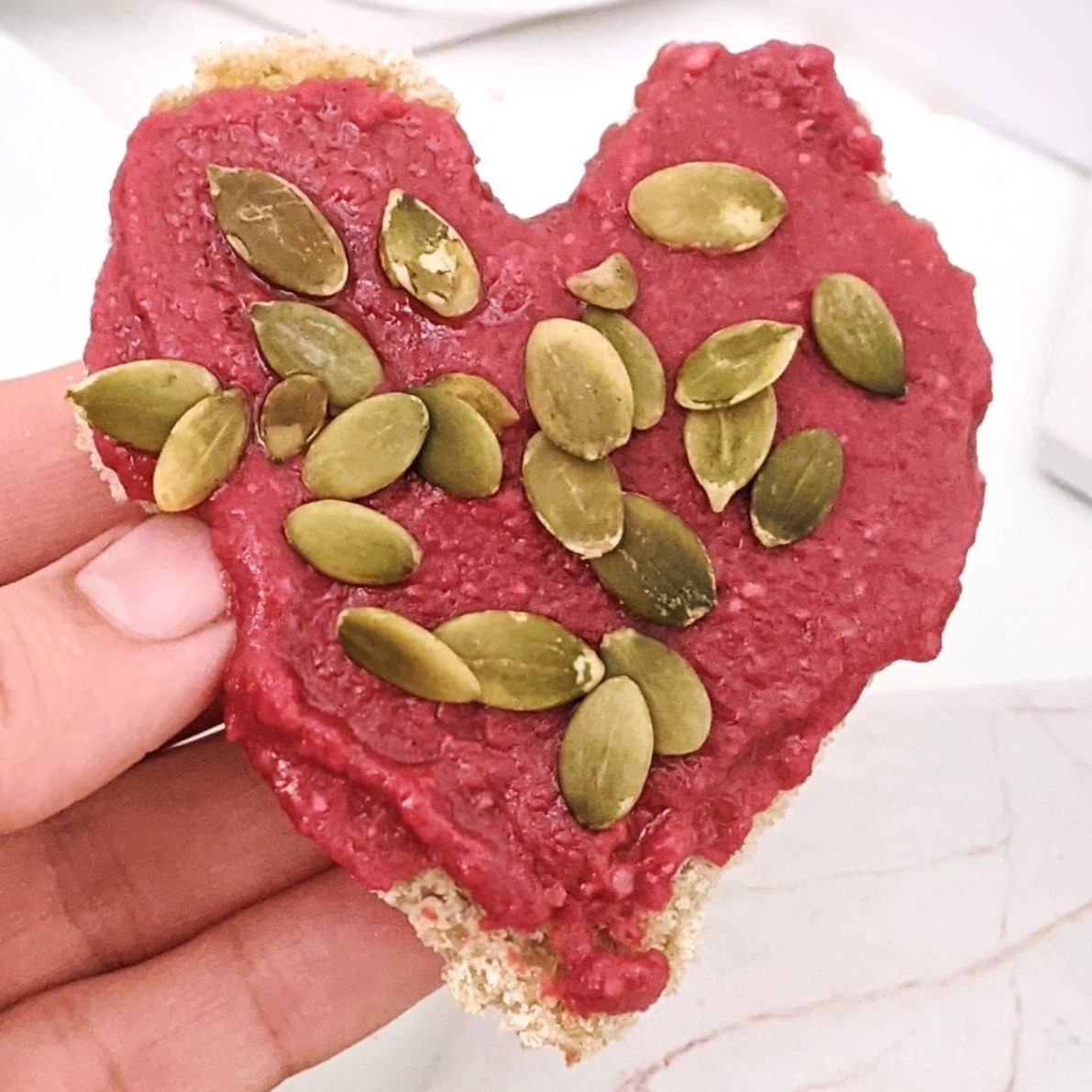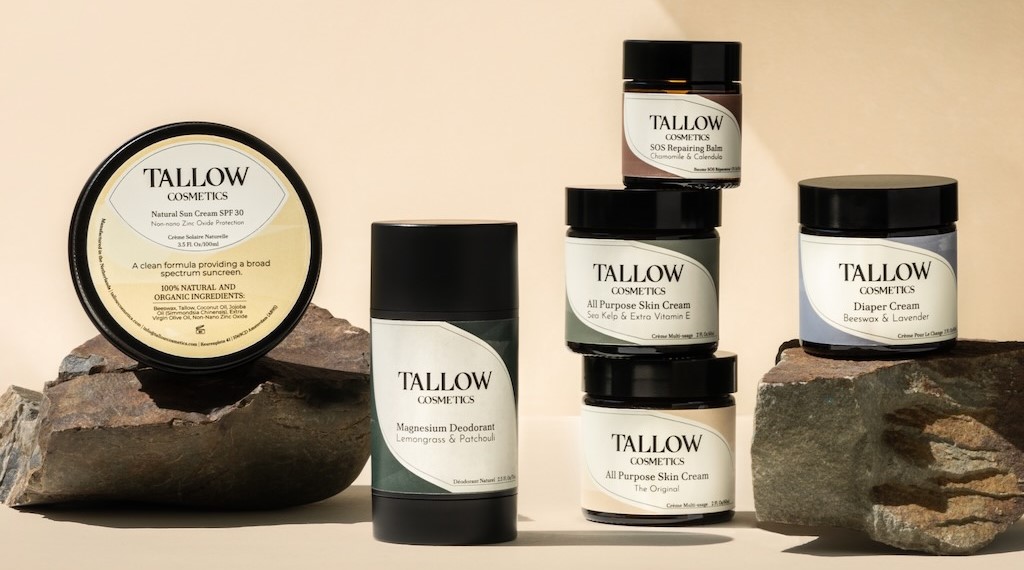Superfood - Dried raw beetroot superfood s vysokým obsahem vitamínů - 450 g
Why buy
ceylon Kokonati 's 100% natural heirloom beetroot powder/flour is ethically harvested and packaged directly at the point of harvest. It is single origin, which means that it comes from only one source. It is naturally gluten-free, lactose-free, raw and vegan.
By buying it, you will support traditional livelihoods in a poor country like Sri Lanka. The powder is suitable for those who do not like beetroot in its raw form, but want to enjoy all its health benefits.
The best way to preserve beetroot is to process it into powder. Plus, the powder form is a concentrate of all the healthy nutrients - 1 teaspoon of dried beetroot contains the nutrients of one whole beet.
Benefits of beetroot powder
- It is a great alternative to high carbohydrate white flours.
- Flour is naturally rich in calcium, iron, potassium and magnesium and also contains nitrates. Dietary nitrates help to promote blood circulation.
- Beetroot powder also helps to increase endurance and athletic performance; in fact, nitrates help to increase the amount of oxygen a person consumes during strenuous exercise.
- Since beetroot takes longer to digest due to its fibre content, it helps to curb hunger pangs.
- Beetroot is a great source of fibre, manganese, potassium and vitamins C and B9.
Usage:
- You can use it for cooking, baking and in creating various pastry creams, etc.
- Add it to smoothies or shakes for a beautiful colour and an energy boost.
- Or add it to regular flour when making muffins, pancakes, waffles, cakes, cookies or bread.
- You can use it to thicken sauces, various dips, dressings, curry sauces or to create sweet fillings for baked goods.
- Or you can mix with desiccated coconut, nuts, seeds, a little salt and spices to make salty balls.
- Stir in plant or regular milk, add granola and you have a nutritious breakfast.
Production
The flour is made by drying and grinding the beetroot into a fine powder. It is completely free of sweeteners, preservatives or added sugar. It is naturally red in colour and has the aroma and taste of beetroot. It is GMO-free and its production is completely zero waste.
Ceylon Kokonati uses only single origin, ethically harvested non GMO ingredients for their products. Their products are vegan, gluten-free, suitable for keto, paleo and raw diets. They do not contain any refined white sugar. By buying them, you support traditional livelihoods and reduce your carbon footprint - because the products are produced and packaged right at the harvest site. Ceylon Kokonati strives for 100% zero waste production.
Study
- It also contains antioxidants such as betalains, which help us fight free radicals and protect us from chronic diseases.
- Eating beetroot helps to lower blood pressure, thereby promoting heart health.
- Beetroot contains folate and iron, which help flush toxins from the liver and help with detoxifying our bodies.
What is a native (heirloom) seed variety?
A so-called heirloom variety (whether of plants, seeds, fruits or vegetables) is an open-pollinated variety that was commonly cultivated in earlier times in human history, but is not used in modern large-scale agriculture because of the cartel-like behavior of a large corporation like Monsanto, which is behind the destruction of ancient seeds and the food chain in general across the planet.
See the document below. And here is a link to the website of a Canadian university, The University of British Columbia, which explains briefly what it is. If you do not speak English, use the online translator: deepl.com
We have translated this paragraph from the English Wikipedia:
Before the industrialisation of agriculture, a much wider variety of plant foods were grown for human consumption, mainly because farmers and gardeners saved seeds and cuttings for future planting. From the 16th century to the early 20th century, the diversity was enormous.
The old nursery catalogues were full of plums, peaches, pears and apples of many varieties and the seed catalogues offered legions of vegetable varieties. These catalogues were used to sell and trade valuable and carefully selected seeds along with useful advice on growing.
Since the Second World War, agriculture in the industrialised world has consisted mainly of food crops grown on large monoculture plots. Only a few varieties of each type of crop are grown to achieve the greatest consistency.
These varieties are often selected for their productivity and their ability to ripen at the same time and withstand mechanical harvesting and transport across borders, as well as their resistance to drought, frost or pesticides. This form of agriculture has led to a 75% decline in the genetic diversity of crops.
Although heirloom or heirloom cultivation has retained its place in local communities, it has seen a resurgence in recent years in response to the trend towards industrial agriculture.
In the southern hemisphere, heirloom plants are still widely cultivated, for example in home gardens in South and Southeast Asia. Before the Second World War, most of the products grown in the United States were heirloom varieties, but this was abandoned with the arrival of Monsanto.
Other sources of articles:
In the 21st century, many communities around the world are working to preserve historic varieties so that a wide range of fruits, vegetables, herbs and flowers are once again available to growers by restoring old orchards, sourcing historic fruit varieties, engaging in seed swaps and encouraging community participation.
Recipe for dried beetroot hummus
- 2 tablespoons beetroot powder
- 2 cans of chickpeas without added salt, drained and rinsed
- 4 cloves of garlic
- 1/4 cup shelled pumpkin seeds or pepitas, or substitute other neutral nuts such as walnuts or pine nuts
- 1 juiced lemon
- 1/2 teaspoon sweet paprika
- 2 tablespoons olive oil
- Redmond Real Salt sea salt and pepper for seasoning
Procedure
- Add all ingredients to a blender or food processor.
- Start blending or pulsing at low speed and increase the speed to medium/high until all ingredients are well blended into a creamy hummus.
- Place the hummus in a serving dish and drizzle with olive oil and sprinkle with shelled pumpkin seeds.
- Spread this creamy hummus on bread, crackers or use it as a dip for vegetables and enjoy!
Nutritional values
Calories: 54 mg Fiber: 1 g Sugar: 1 g Vitamin A: 14 IU Vitamin C: 8 mg Calcium: 8 mg Iron: 1 mg

By purchasing this brand, you will directly support the work of the poorest people on our planet
You pay for quality not quantity
Ceylon Kokonati uses only single origin, ethically harvested non GMO ingredients for their products. Their products are vegan, gluten-free, suitable for keto, paleo and raw diets. They do not contain any refined white sugar.
By buying them, you support traditional livelihoods and reduce your carbon footprint - because the products are produced and packaged right at the harvest site. Ceylon Kokonati strives for 100% zero waste production.
This product is internationally accredited by Control Union, certified organic (EU and USDA NOP), ISO and/or HACCP certified.
Ceylon Kokonati manufactures its products in a family-run sweatshop, pays fair prices to its suppliers and manufacturers, and incorporates generations of knowledge into its production processes.
It uses only the highest quality ingredients. So you can be sure that you are getting premium quality at a premium price. By buying flour, you support the traditional livelihoods of villagers in the dry areas of Sri Lanka.
This allows the villagers to benefit from their years of knowledge and expertise.
The sale of these products plays a vital role in employment and economic support for the village community. Ceylon Kokonati provides the children of its employees with school books and stationery for the entire school year.
Additional parameters
| Category: | Flour |
|---|---|
| EAN: | Choose variant |
| Proč koupit: | Jediná ingredience, balena u zdroje, nikdy žádné příměsy, single-origin, GMO-free vegan. |
| Výrobce: | Ceylon Kokonati |
| Země původu: | Srí Lanka |
| Vhodné pro: | Keto-Paleo-GMO Free-Vegan-Bezlepková dieta-LowCarb |
Eggless beetroot powder pancakes
How to use beetroot powder to prepare 3 recipes: gravlax, pasta and smoothies
Be the first who will post an article to this item!
The Ceilon Kokonati brand was established in 2013. In its range you can find a variety of high quality and affordable products made from sustainably produced coconuts, spices and tropical fruits.
The brand's name refers to the country that its founders consider home, Ceylon, Sri Lanka, where the coconuts for the coconut line of products are grown and processed. Ceylon, a British Crown Colony from 1815-1948, is now known as Sri Lanka, but the founders of the brand prefer to call it Ceylon because it definitely sounds more exotic and "pure Ceylon" is a brand in itself, reminiscent of the fresh unique essence of pure Ceylon tea. "Kokonati" on the other hand is Maori for coconut, so absolutely the most appropriate brand name for the most coconutty goodness ever.
The Ceilon Kokonati brand is run by a married couple. The female founding half is Mrs. Bûmika, which means Lady of the Earth in Sanskrit. Her great-grandfather was one of the pioneers of coconut oil pressing in Ceylon, making her the fourth generation of coconut oil presser. The male founding half, Mr. Mosqi, in turn, is originally a pure Ceylon tea grower.
Ceylon Kokonati is wholly owned and operated in New Zealand. Loose products from Kokonati uses several ethical brands that produce clean, organic food and beauty products. By selling Kokonati products, rural communities and traditional livelihoods are supported. All their products are ethically harvested and there is almost no waste in their production. Each part of the coconut is used in the production of a different product. Kokonati products are single-ingredient, packaged directly at the source, never mixed, single-species, non-GMO and vegan.
With a passion for organic, regenerative farming, sustainability and collective partnerships, Kokonati products come only from small farms and mills in rural villages in Sri Lanka. Each Kokonati product is produced in a specialized mill that produces only that type of product. Quality is therefore the best it can be, and every step of production is backed by the experience and knowledge of many generations. Ceylon is blessed with an abundance of healthy, exotic fruits, nuts, herbs and spices.
Ceylon Kokonati follows the principles of balanced living - live and let live.
They're trying to keep everything in even better condition than when they found it..

.jpg)











































































